EU could halt weapons exports to Britain if war breaks out with Russia
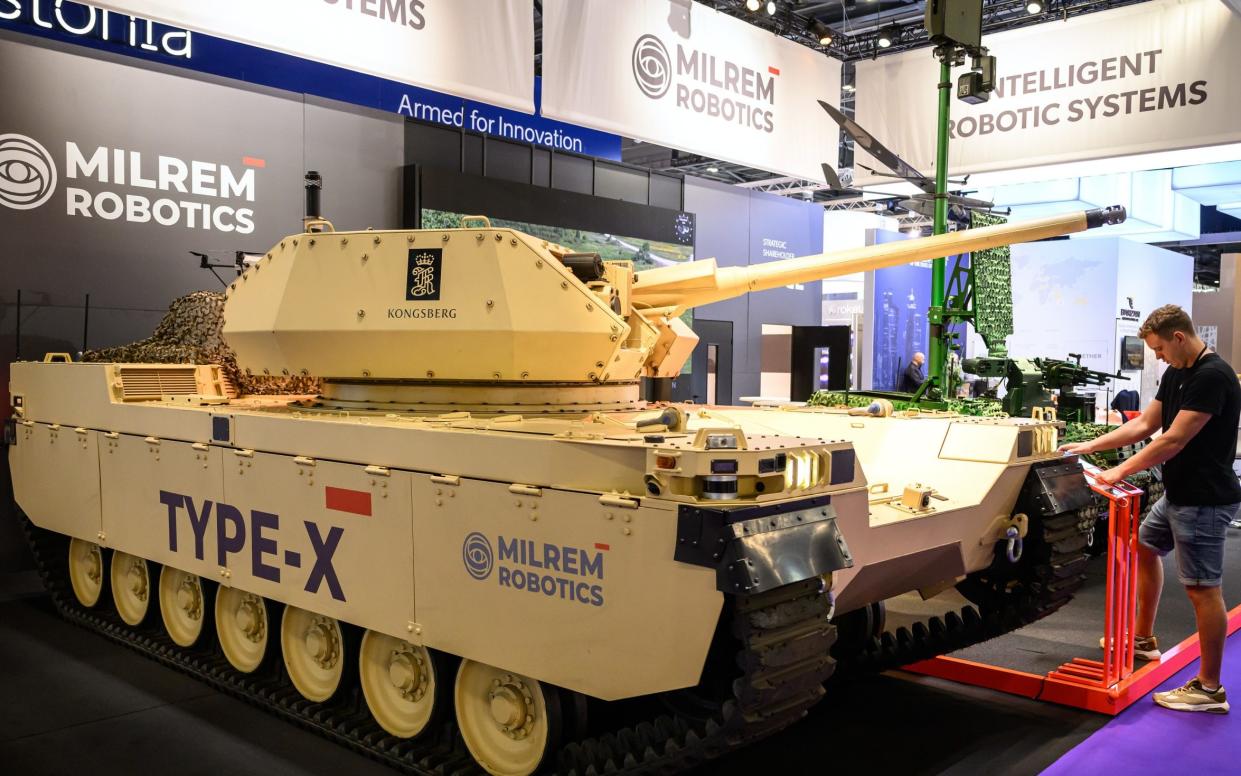
The European Union could block exports of weapons to Britain if war breaks out with Russia, it was announced on Tuesday.
A top official said plans had been drawn up to prevent overseas shipments of arms and civilian technologies to make up for the bloc’s own shortfalls in a “security crisis”.
“To counter the return of high-intensity war on our border, we have decided to kick up a gear,” Thierry Breton, the EU’s industry commissioner, told reporters as he announced plans to put the bloc’s defence industry on a war footing.
The proposed overhaul is part of a wider strategy to boost Europe’s military support for war-torn Ukraine and prepare for the mounting threat posed by Vladimir Putin’s Russia.
Brussels wants to massively boost joint weapons production and procurement among its 27 member states with the ambition of strengthening the continent’s security and reducing reliance on the United States.
The European Commission is calling for new powers to control military exports from the bloc to secure its capitals in case the war in Ukraine escalates over its borders.
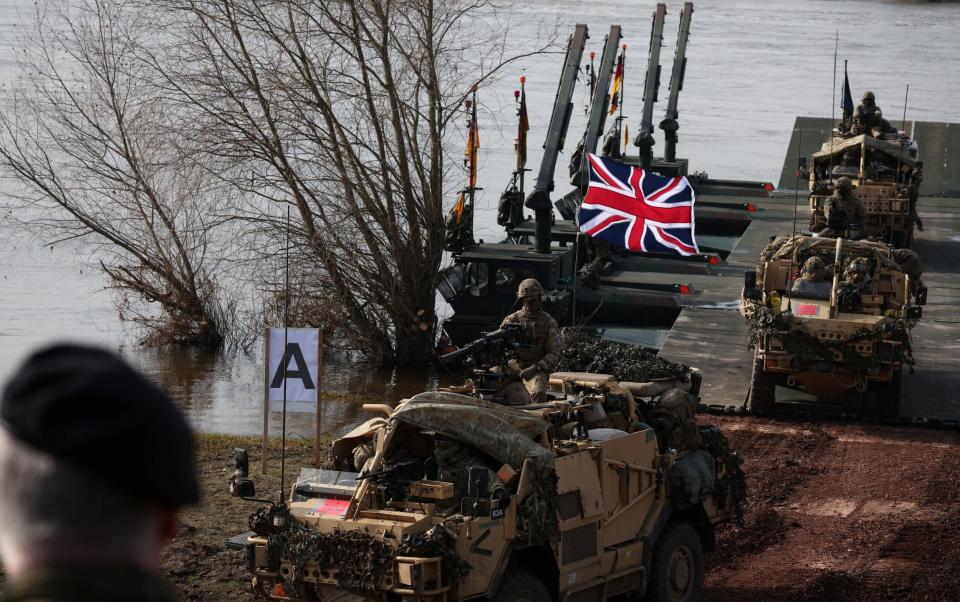
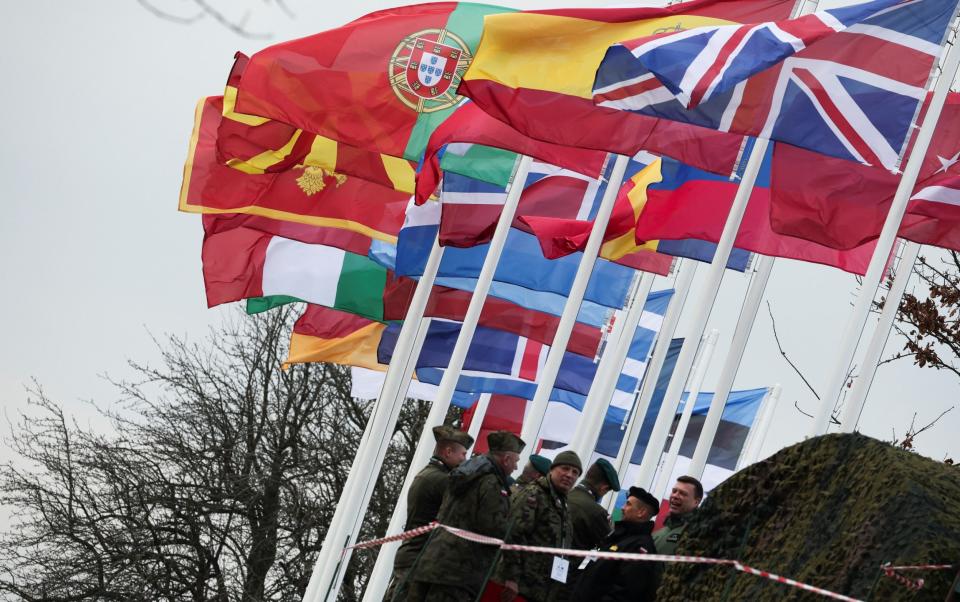
Mr Breton said: “The European Defence Investment Programme has prioritisation measures in it.
“EDIP contains a fully fledged security of supply pillar that is in it for crisis situations.
“Once this stage is declared, specific measures can be applied, including priority-rated orders on civilian products or defence products depending on the situation.”
Around 40 per cent of the weapons and ammunition currently produced in the bloc are shipped overseas, Josep Borrell, the EU’s top foreign diplomat, said while outlining the scope of the potential export blockade.
“We have a powerful industry of defence because we export a lot,” he added. “Certainly when there is a big push on demand, which might happen with a war, we have to ask for extra input.”
Member states would have to vote on the crisis situation, which include security or more general shortages in weapons, before the export ban could be applied.
The measure resembles the export controls introduced by the EU on vaccine shipments at the height of the coronavirus pandemic, which sparked a jabs war with Britain.
While the EU promised to “team up with strategic, like-minded and international partners”, the UK is excluded from any of its new schemes to boost defence production.
Ukraine will be treated as a “quasi member state” as Brussels seeks to make up for its recent failure to give Kyiv a promised one million artillery shells.
The scheme will also limit EU countries from purchasing weapons from UK-based firms, such as BAE Systems, if they want to benefit from financial incentives paid out of the bloc’s budget.
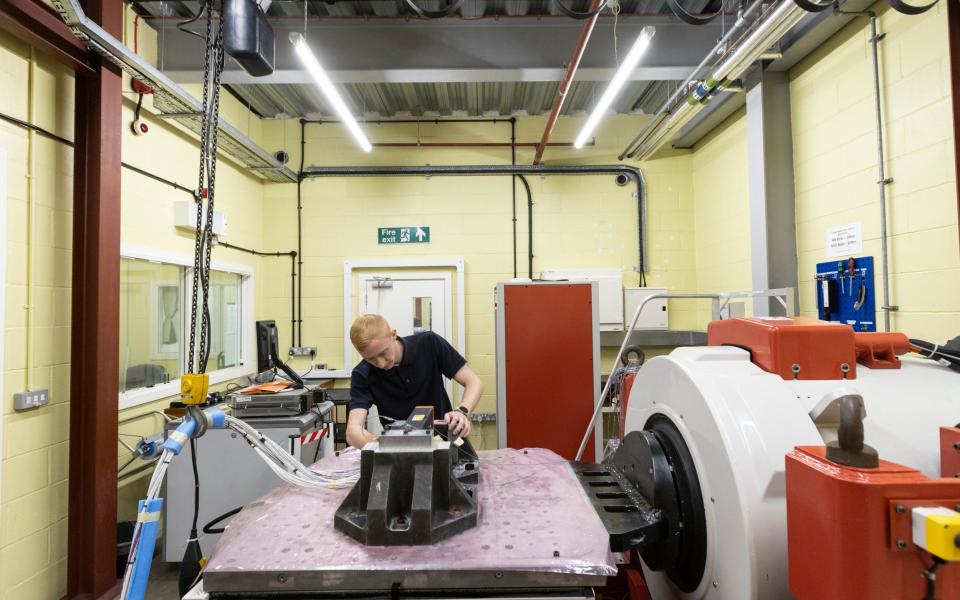
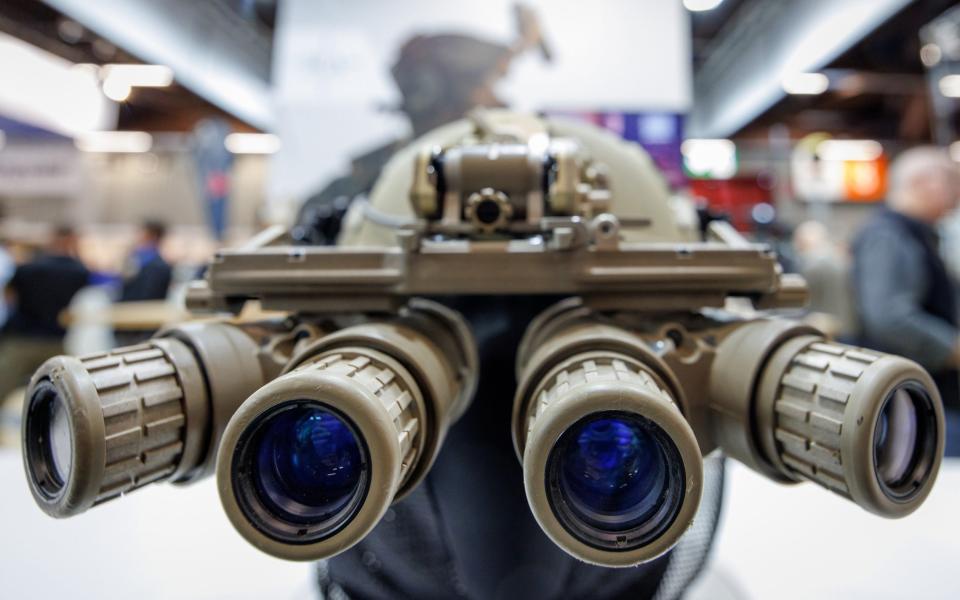
EU members have spent more than €100 billion on defence purchases since Russia’s invasion of Ukraine, Margrethe Vestager, the commission vice president, said.
“Almost 80 per cent of that was spent outside of the European Union, and the US alone accounted for more than 60 per cent of this spending. This is no longer sustainable,” she said.
The strategy aims to have internal trade of weapons within the bloc reaching 35 per cent of total value of its defence market by 2030.
National capitals will also be encouraged to procure European weapons costing at least 50 per cent of their own defence budgets in the same period, increasing to 60 per cent by 2035.
An initial €1.5 billion fund has been committed to hand out incentives, including tax breaks, to firms and governments backing joint European purchases.
Mr Breton has previously said this would need to rise to at least €100 billion for the bloc to be able to outcompete Washington and the US defence industry.

 Yahoo News
Yahoo News 
